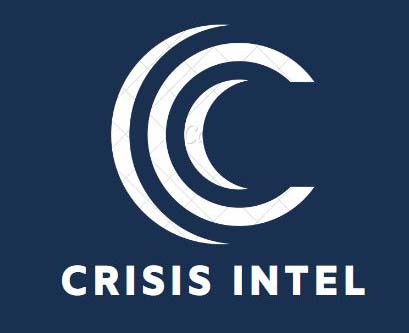The following is an Incident Command System Overview, highlighting what is used for and how it is used for navigation of global warming and climate change.
The Incident Command System (ICS) is a standardized, on-scene emergency management framework designed to manage and coordinate responses to a variety of incidents, from natural disasters to complex man-made emergencies. Developed to ensure clear command and control during crisis situations, ICS provides a structured approach that allows multiple agencies and teams to collaborate effectively, irrespective of their jurisdiction or expertise. The system is highly adaptable and can scale in response to the size and complexity of the incident, making it ideal for dynamic and unpredictable challenges.
ICS prepares incident managers by structuring roles, responsibilities, and communication protocols. This includes clearly defined command structures, resource allocation, and information flow processes, which are critical in responding quickly and efficiently. By practicing with ICS, incident managers gain experience in coordination, quick decision-making, and effective communication, skills that are essential in handling emergency situations.
With climate change and global warming expected to increase the frequency and severity of natural disasters, such as wildfires, floods, and hurricanes, the need for effective emergency response systems like ICS has become even more urgent. ICS equips incident managers with the tools and protocols needed to address complex scenarios that might involve multiple threats simultaneously, and it enables faster mobilization and resource sharing across regions. By preparing managers to anticipate, assess, and respond to escalating environmental hazards, ICS plays a crucial role in enhancing societal resilience against the impacts of climate change, thereby saving lives, reducing damage, and aiding in quicker recovery.
What you have read is a summary of what the lncident Commander System, how it used and will be applied in future climate change and global warming issues. Contact us to learn more.

